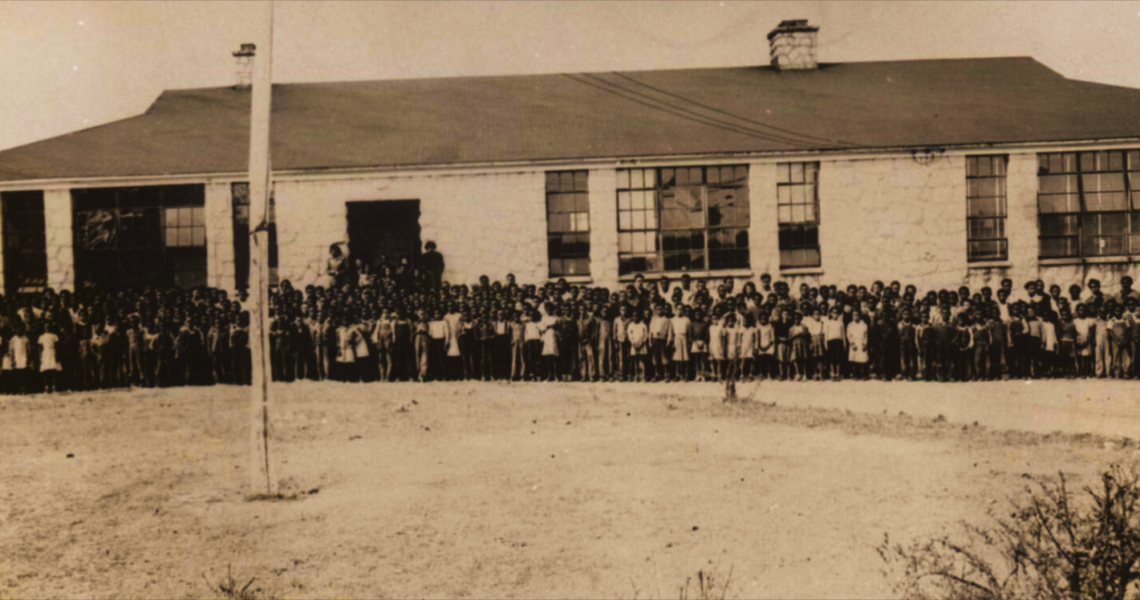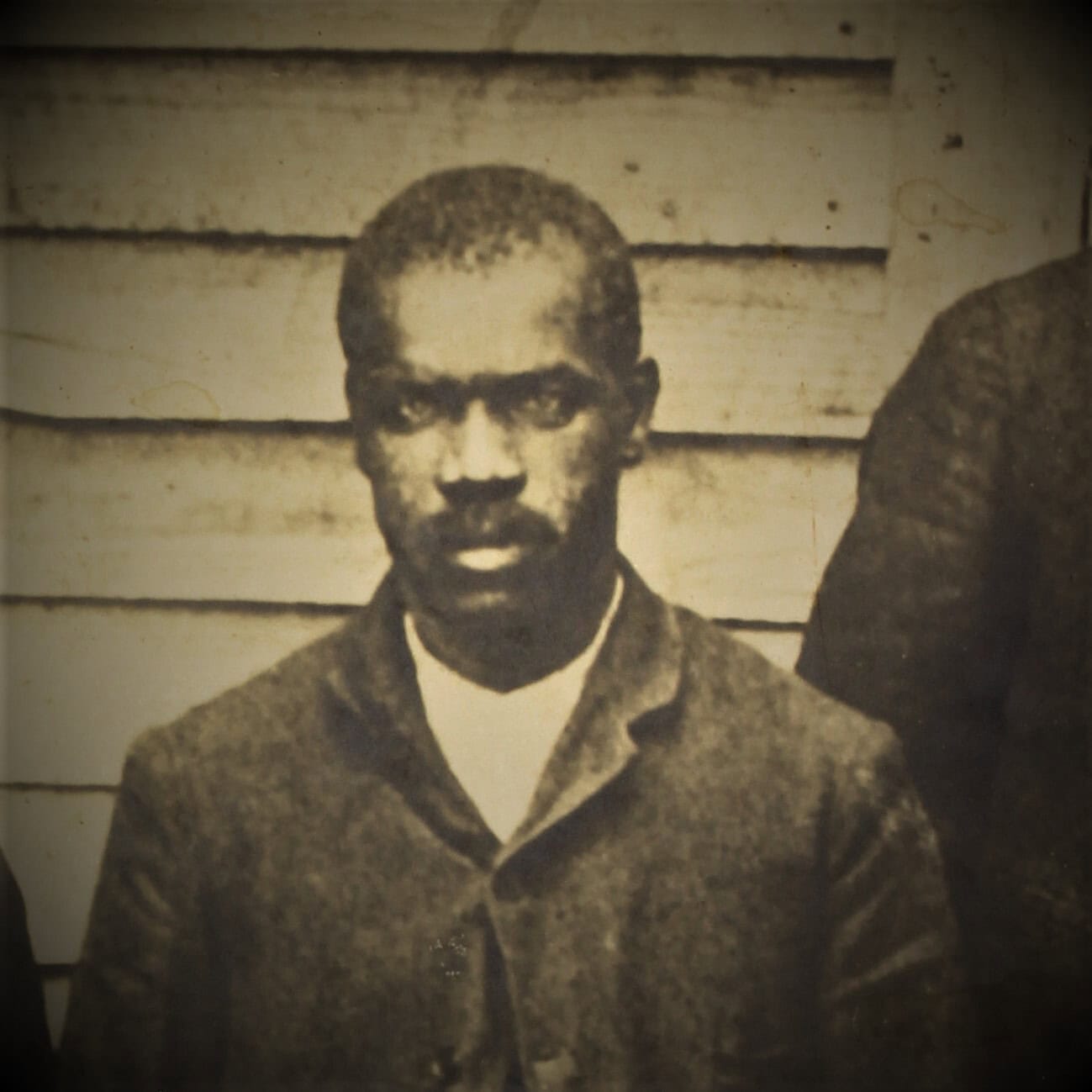An American Reflection On Black History Month

The Arabia Alliance’s Assistant Executive Director and resident Historian Brigette Jones reflects on the significance of Black History Month on the eve of the United States’ 250th.
National Heritage Areas serve a unique purpose in the cultural, natural, and historical preservation and interpretation space. Not quite a National Park and not quite a museum, these lived–in landscapes provide the public with information and activities that influence pride in one’s community and pertinent knowledge about who and how said community was established and the ways it has preserved itself over time. With this in mind, National Heritage Areas are distinctively positioned to address heritage, remembrance and legacy in a way that is different from both National Parks and museums; and in this era of erasure and misinformation, these spaces are more important than ever.
As we conclude Black History Month, we, the Arabia Alliance, champion the telling of stories that speak honestly and without fear to the complicated foundations of America’s history. We do not shy away from stories that make us feel, think, and reflect; in fact, we encourage them, and we act as an intermediary for the public to engage with their history in a way that allows for true conversations on intersectionality to occur.

The only known image of Hill Lyons, who after emancipation went on to help foster the historic Flat Rock community.
That intersectionality is the crux of true understanding because it shows us in real time the ways in which we are all connected through the American experiment. That intersectionality does not make room for one to be superior while deeming others inferior; likewise, it does not cater to economic standing, it merely tells the truth. Right here in the National Heritage Area, that intersectionality can be seen in the stories of Joseph Lyon and his descendants as they searched for a glimpse of the American dream as it was promised to them by way of the American Revolution, and how that story runs parallel to the life of Hill Lyons (Joseph’s enslaved property) and his desire to see his descendants attain their own piece of the American pie following the conclusion of the Civil War. This story, all contained at Lyon Farm, while turbulent and problematic in nature is the truth that many Americans are choosing to misinterpret in hopes of soothing unsettled consciouses and guilt-ladened internal dialogues.
Despite this, we tell the stories anyway. This intersectionality is seen in the stories of the Bruce Street School, where Black American community members ensured that their youth had an adequate education by any means necessary, even if they had to build the school itself by hand. This act of independence lies at the intersection of American and Georgia governmental powers playing a legal tug-of-war battle concerning who should receive a quality education and most importantly, how it should be financed.
These stories speak to resilience, common unity, and most importantly the old American adage of “pulling yourself up by your bootstraps” because the community that encompasses the Bruce Street corridor made the boots, sewed the strings and the straps, and quite literally pulled themselves up one person and one generation at a time. Today, those who were once the children of those who were acting as the cobblers of their community are the griots of today, encouraging Sankofa, reminding us to never forget and to go back and get it if it has been lost.

Bruce Street School alum and thier descendants make impressions of the granite facade at the old stone schoolhouse.
Next Black History Month, America will be 250 years old. And as we as a country look back on all that has been seen, done, and revealed, we must reflect on the true history of this nation—a history that at many points is ugly, disgraceful, unempathetic, unequal and painful. At the same time, that story is not complete without acknowledging those who despite every setback still managed to be heroes and champions. Their creativity, ingenuity, and defiance knocked down the very same systems, structures, and principalities designed to hold them back and keep them down. They fought to get a seat at the table and held the door open for anyone else who dared to dream bigger and rewrite their narrative. We, the Arabia Alliance stand in solidarity with those who are determined to hold a mirror to the face of America and say, “this is the real you, do you like what you see?” These stories are ours; good, bad, and ugly; and we will tell them until we can’t.